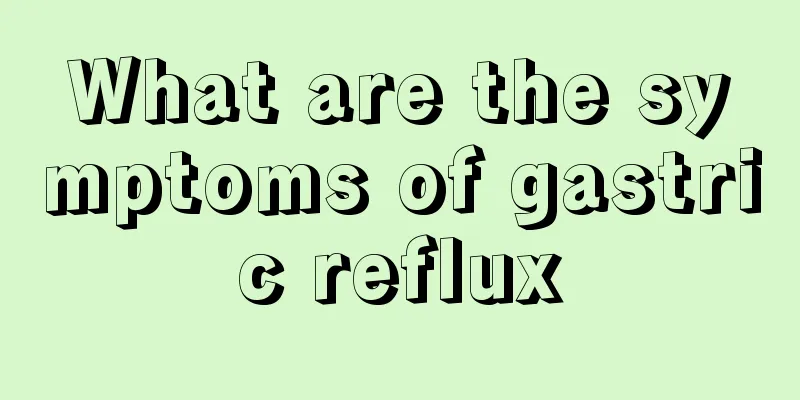How to deal with intestinal bleeding?

|
Although the intestine is a relatively large organ in the human body, due to its thin intestinal walls and the lack of protection from skin tissue, the intestine is easily irritated by foreign bodies or even viral infections. The most common symptom is intestinal bleeding. This phenomenon must be treated as soon as possible, otherwise it is very easy to cause heavy bleeding and endanger life. Let’s take a look at how to deal with intestinal bleeding? (1) Symptomatic treatment of chronic, small-volume bleeding mainly targets the primary disease (cause). In case of acute massive bleeding, the patient should rest in bed and fast; closely observe changes in the condition, maintain intravenous access and measure central venous pressure. Keep the patient's airway open to avoid suffocation caused by vomiting blood. And take appropriate treatment for the primary disease. (2) Replenishing blood volume In case of acute massive bleeding, intravenous infusion should be given rapidly to maintain blood volume and prevent a drop in blood pressure . When hemoglobin is lower than 6 g/dl and systolic blood pressure is lower than 12 kPa (90 mmHg), blood transfusion should be considered. Avoid excessive blood transfusion or infusion to prevent acute pulmonary edema or re-bleeding. (3) Endoscopic treatment has limited hemostatic effect under colonoscopy and small enteroscopy and is not suitable for acute massive bleeding, especially for diffuse intestinal lesions. Specific methods include: argon plasma coagulation (APC), electrocoagulation (including monopolar or multipolar electrocoagulation), cryostasis, thermal probe hemostasis, and spraying of epinephrine, thrombin, leptin and other drugs on the bleeding lesions to stop bleeding. APC, electrocoagulation and other hemostatic methods should not be used for bleeding caused by diverticulum to avoid intestinal perforation. (4) Minimally invasive interventional treatment: After selective angiography shows the bleeding site, hemostasis treatment can be performed through the catheter. The goal of hemostasis can be achieved in most cases. Although some cases will bleed again during hospitalization, the patient's general condition has improved during this period, creating good conditions for elective surgical treatment. It is worth pointing out that gastrointestinal bleeding caused by intestinal ischemic diseases is contraindicated. Generally speaking, embolization is not recommended for hemostasis in cases of lower gastrointestinal bleeding after arterial catheterization because embolization of the proximal blood vessels can easily cause ischemic necrosis of the intestine, especially the colon. |
<<: What is the treatment for hair loss due to kidney deficiency?
>>: Is frequent urination caused by kidney deficiency?
Recommend
What are the effects of high mountain tea
Tea produced in mountainous areas with high altit...
What are the dangers of early stage tongue cancer
In daily diet, people are too eager to get tongue...
The foot is the second heart of the human body
Many people say that feet are the second heart of...
What are some tips to make your body sweat
Sweating is a physiological phenomenon. Everyone ...
Can applying onions to the soles of feet reduce fever?
Most people's fever is caused by colds, so wh...
How to treat vitreous hemorrhage
Vitreous hemorrhage is a very common disease in d...
Will the injury to the tunica albuginea of the penis heal itself?
The penis is the male reproductive organ and the ...
Are removable dentures good for gums?
Teeth are the harder parts of our mouth, but due ...
How to peel off the lime on the preserved egg
Many people like to eat preserved eggs, also know...
What is the best way to treat warts
Warts, do you know what this common disease is? Y...
How long can you live with early lymphoma
Lymphoma is one of the ten most common malignant ...
What is non-keratinizing nasopharyngeal carcinoma
In China, nasopharyngeal carcinoma is a very comm...
What to do if your hair is curly
Everyone finds it very troublesome to comb their ...
The difference between prostate cancer and bladder cancer
Differences between prostate cancer and bladder c...
Sitting for a long time makes the belly bigger
Most modern people have the habit of sitting for ...









